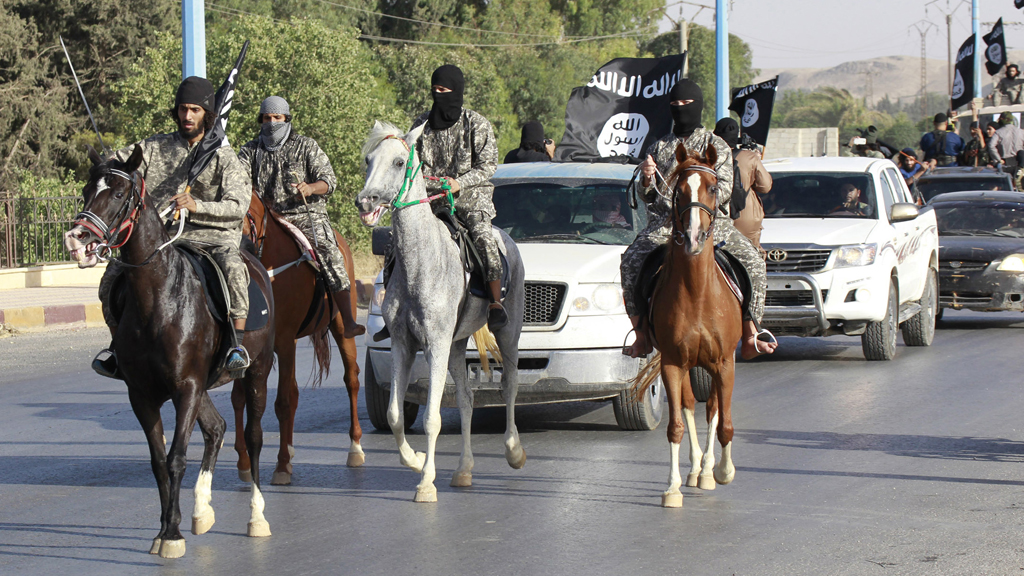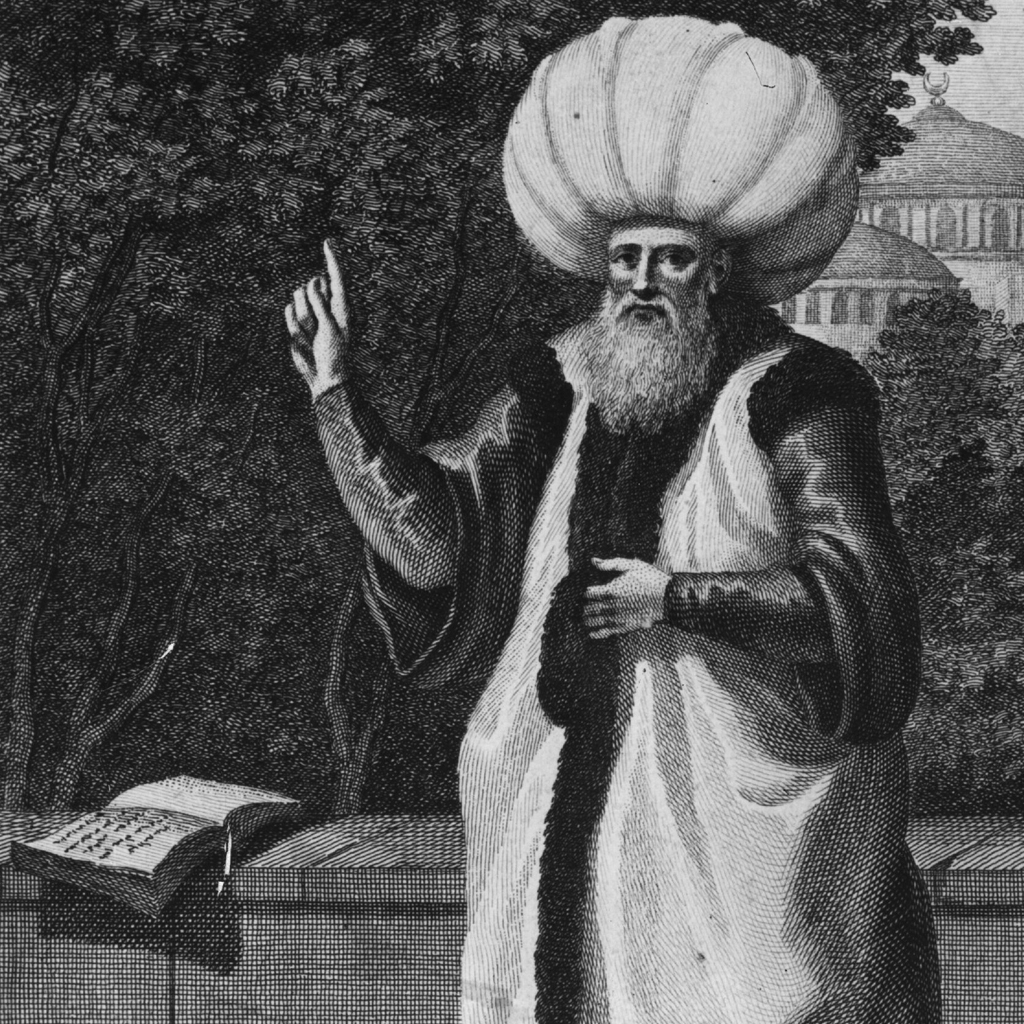What is a caliphate – and why it will not work
Isis fighters in Iraq have declared themselves masters of a new caliphate. But their vision of a medieval-style religious state is based on false view of early Islamic history, according to experts.

Militants from the Islamic State in Iraq and Greater al-Sham (Isis) are calling the territories they now control in Iraq and Syria a khilafa, or caliphate, using a word that dates back to the immediate successors of the prophet Mohammed in the seventh century.
Isis says it wants to be known simply as Islamic State from now on, and claims to run a new borderless state ruled by sharia law.
The jihadi group says its leader, Abu Bakr al-Baghdadi, is the new caliph, and has called for fellow Sunni fighters in Iraq – and indeed Muslims across the world – to pledge their support for the new state.
What kind of state do they want, and how much resemblance does it bear to the historical caliphate?

Golden age?
Other Islamists, including the late al-Qaeda leader Osama bin Laden, wanted to bring back the khalifa too.
His successor Ayman al-Zawahiri wrote that the organisation’s aim was to establish “a caliphate along the lines of the Prophet’s” in Iraq.
Other Islamist groups have echoed the desire to return to the supposed golden age of early Muslim unity. But scholars say many myths surround the early caliphate.
The first four caliphs were companions of Mohammed who assumed control of the emerging Muslim empire in Arabia after the prophet’s death in 632.
They were supreme political and religious leaders who were supposed to rule with the consent of the majority of Muslims.
But several of the earliest caliphs were assassinated after disputes between rival factions.
Known as the Rashidun or “rightly guided” caliphs, their line ended with Ali, a cousin of the prophet whose murder in 661 marked the split between Shia and Sunni Islam.
The schism means the concept of a modern caliphate is deeply divisive. While Sunni muslims believe a caliph should be elected by his followers, followers of Shia Islam can only accept a ruler who is a direct descendant of Mohammed.
After Ali’s death, the title of caliph passed to the Umayyad dynasty, followed by the Abbasids, Fatimids and Ottomans, with periods where more than one claimant competed for the title of caliph.

Long decline
The caliphate was finally abolished by the Turkish leader Mustafa Kemal Atatürk in 1924, with Abdülmecid II the last caliph of Islam (pictured right), but historians say the institution had long been in decline.
Carole Hillenbrand, professor of Islamic history at the University of Edinburgh, said: “Most of these back-to-basics-type movements in Islam laud the first four caliphs as having led a perfect Islamic society – quite erroneously, as it happens.
Three out for four of the caliphs were violently killed, but that is often overlooked. Professor Carole Hillenbrand
“Three out for four of the caliphs were violently killed, but that is often overlooked.”
She added: “From about the second half of the eighth century onwards we find the power of the caliphs being emasculated, although they are still legal figureheads.”
A serious blow came when caliph al-Musta’sim was killed when the Mongols sacked Baghdad in 1258, and while the office was resurrected under later Islamic states including the Ottoman Turks, the power of the caliphs continued to decline.

“There was never any illusion that the caliph was anything more than a figurehead to be wheeled out. By the time Atatürk abolished the caliphate, there was a feeling that there wasn’t very much for him to abolish.”
Islamic scholars agree that Isis’s declaration of a new caliphate is designed to exclude Shia Muslims, who can never accept a leader from outside the prophet’s bloodline.
But how much support will there be among Sunnis in Iraq for a revived caliphate?
Professor Hillenbrand said: “There is a sense of nostalgia for the days of the caliphate but they don’t know what to do with it. It is nostalgic and sentimental – a lost symbol of the unity of the Muslim community. I don’t think it would work now.”
Probably for a decent number of Sunnis there will be some kind of nostalgic reaction. That doesn’t necessarily mean they want it to happen again. Professor Sajjad Rizvi
Professor Sajjad Rizvi, head of Exeter University’s Institute of Arab and Islamic Studies, said: “Probably for a decent number of Sunnis there will be some kind of nostalgic reaction. That doesn’t necessarily mean they want it to happen again.
“I don’t think it’s going to become reality, quite simply because most people nowadays tend to be quite attached to their nation state. Sometimes that’s reflected in simple things like football.
“Iraqis do see themselves as Iraqis and Syrians see themselves as Syrian.”
He added: “If you take Iraq, the vast majority of Sunnis in Iraq are clearly dissatisfied with the central authority in Baghdad. That doesn’t necessarily mean that they want a caliphate.
“If Isis or anyone else tries to make theological claims, they are not going to be taken particularly seriously. Ultimately I think a lot of this comes down to politics.
“Especially with Isis, we have to see it quite cynically. This is just an attempt to show al-Qaeda that they are the main guys now and al-Qaeda’s time has passed.”
Caliphate rejected
Nine Islamist groups fighting against the Assad regime in Syria have rejected the Isis declaration, saying: “The terms of the caliphate have not been realised at present, especially in terms of state organisations.”
A joint statement called on Muslims to avoid siding with Isis, and warned that the announcement would be used by foreign powers against anti-Assad rebels.
Islamists in Lebanon and Sunni scholars in Iraq have also criticised Isis’s declaration of the caliphate, with some calling the move heretical.